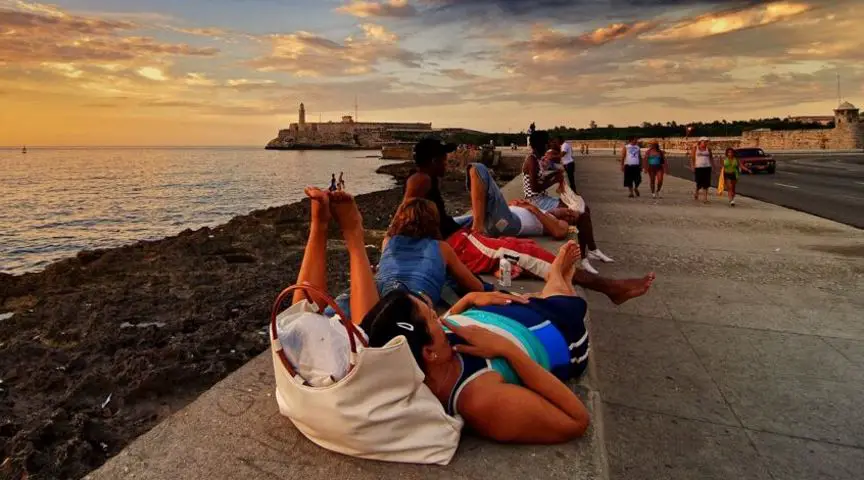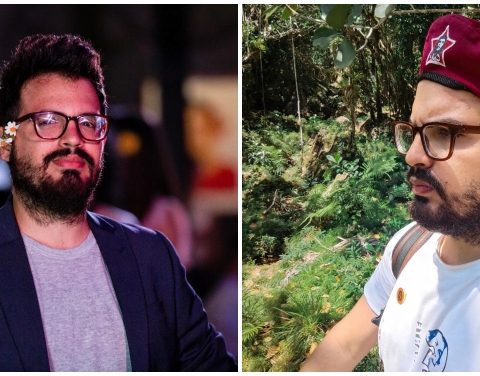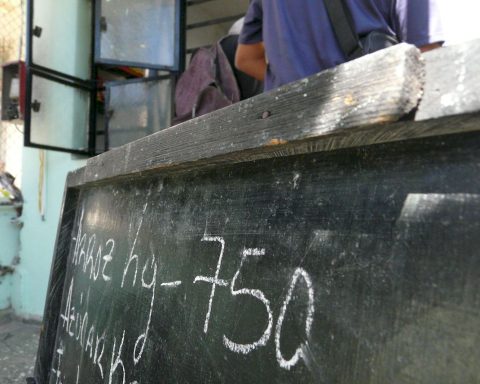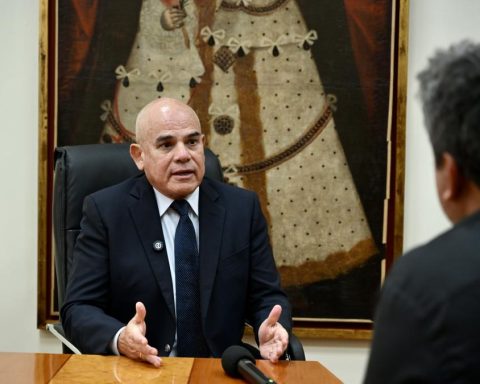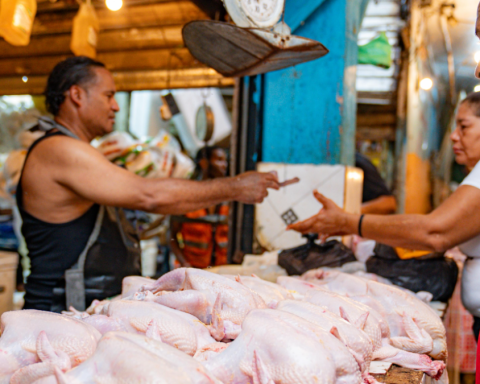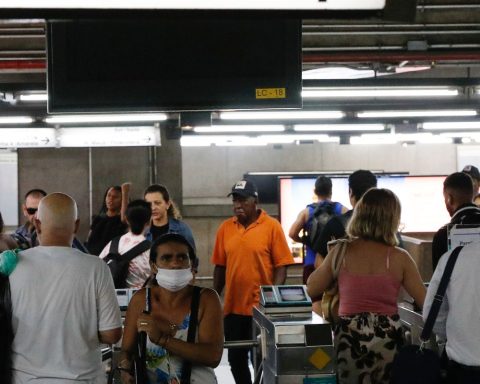MIAMI, United States. — Cuba and the United States will use summer time this Sunday, a convention extended in many countries for the best use of sunlight.
At 2:00 am next Sunday, the clocks will have to be advanced one hour to make way for the new schedulewhich this year will run until November 5, the first Sunday of the penultimate month of the year.
Daylight saving time is a practice that consists of putting the clock forward one hour during the summer season to make the most of daylight and save electricity. This means that during daylight saving time, the days have longer hours of sunlight and the nights are shorter.
The implementation of daylight saving time varies by country and region. In general, daylight saving time begins in the spring and ends in the fall, although the exact dates may vary depending on each nation.
In some countries, daylight saving time is implemented throughout the territory, while in others it is applied only in some regions.
It should be noted that in the case of the United States, the time change has no effect in Hawaii, Puerto Rico, territories of Guam, Virgin Islands and American Samoa.
It is estimated that around 70 countries have a change in their schedule, although more than 140 have applied it at some time in the past.
In Latin America, the case of Mexico, which on October 26 approved a reform that definitively eliminated summer time in the country. In this sense, 2023 will be the first year since 1996 in which Mexicans will not join the convention.
